The Laws of Trading: A Trader’s Guide to Better Decision-Making for Everyone
$12.17
| Author(s) | |
|---|---|
| Format |
|
| Pages |
306 |
| Published Date |
2019 |
The Laws of Trading is different. All of our relationships and decisions involve trading at some level. This is a book about decision-making through the lens of a professional prop trader. For years, behavioral and cognitive scientists have shown us how human decision-making is flawed and biased. But how do you learn to avoid these problems in day-to-day decisions where you have to react in real-time? What are the important things to think about and to act on? The world needs a book by a prop trader who has lived, breathed and taught trading for a living, drawing upon years of insights on the trading floor in real markets, good and bad, whether going sideways, crashing, or bubbling over.
Author’s Introduction:
I hope that the examples, arguments, and analysis in this book will appeal to a wide variety of readers:
- Those interested in a career in trading, or more broadly in finance. It is exceedingly difficult for outsiders to get a good sense of what goes on in investment banks and trading houses. That is why lifting the veil should help prospective traders understand if this is a career for them.
- Interested outsiders, for the same reasons as above. Much ink has flowed recently on subjects surrounding trading, and the vast majority of the writing has been done by people who are clueless about what goes on in the trenches.
- Retail investors, whose need for reliable information about financial markets is the greatest. Almost always, the most useful trading tip for retail investors is “do less,” and this book aims to explain why (a) that’s so difficult and yet (b) so critical.
- People whose job it is to make rational decisions. Management, broadly considered, is the job of making good decisions under uncertainty. The ideas and techniques in this book can help people think about those decisions more clearly and powerfully.
- People who work in trading-adjacent markets, whose numbers have exploded in the last decade. Areas as diverse as advertis-ing, power generation, and even the new gig economy require a good knowledge and understanding of trading concepts in order to be navigated safely and profitably.
- Rationalists, and indeed anyone interested in the process of making rational decisions. Since decision-making is the essence of trading, financial markets are the most competitive cauldron in which to test ideas about how to make decisions.
- People who make financial decisions (i.e. virtually anyone). The world of trading provides a clean venue in which to learn about quite universal thought processes useful in any financial decision. Whether it’s buying a car or a house, figuring out where to live, or looking for a job, the world of trading has much to say about how to think about important decisions.
Contents:
- Motivation
- Adverse Selection
- Risk
- Liquidity
- Edge
- Models
- Costs and Capacity
- Possibility
- Alignment
- Technology
- Adaptation
The Laws of Trading: A Trader's Guide to Better Decision-Making for Everyone By Agustin Lebron pdf
10 reviews for The Laws of Trading: A Trader’s Guide to Better Decision-Making for Everyone
Clear filtersOnly logged in customers who have purchased this product may leave a review.



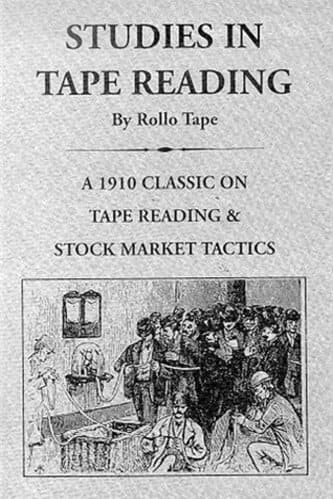
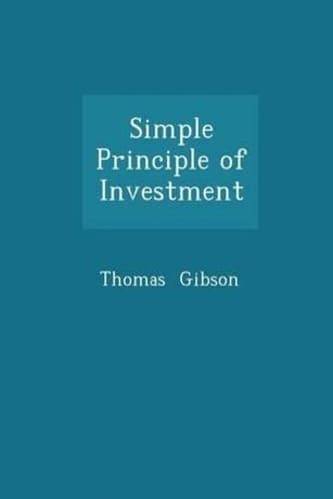
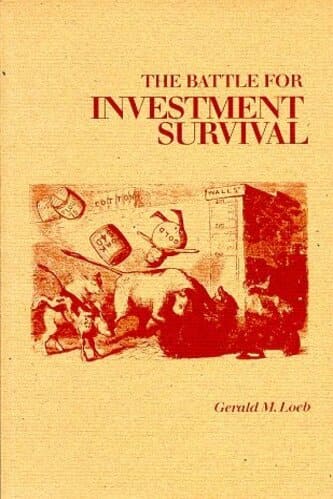
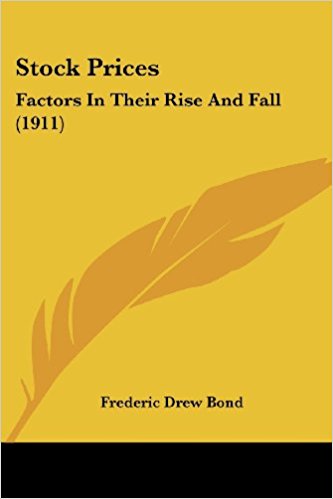


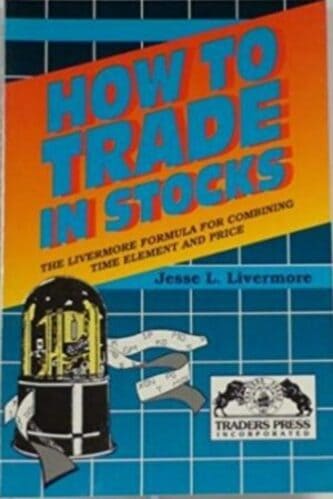
Amelie Orr (verified owner) –
How should you look for a new car or a new job? In this entertaining book, Agustin Lebron argues that the world of financial trading offers principles that apply to decision-making in general. And although he explains why no book can give a specific strategy that will make money, you will find some advice for your investments here as well. Consider his words, and you should fare better than the bankrupted firms whose mistakes are chronicled in Chapter Eight. Highly recommended.
Braxton Raymond (verified owner) –
It’s very fun to read. Having said that it will not make you a successful trader. It may make you a better trader.
Noemi Tran (verified owner) –
I was a little put off by the cover reviews that said this book will teach me how to think like a trader in ordinary life. Most books that apply lessons of one field to another rely on limited understanding (of one or both fields) and stretched analogies. I’m glad I ignored these reviews and read the book anyway because I learned a lot, not so much about life but about trading. I’ve been trading for 25 years and every few pages I learned something: either a new idea or a new framing of something I had previously considered.
Apart from certain technical publications, this is the best trading book I’ve read in many years and one of the few that will be of most benefit to experienced people. The only traders who haven’t learned from this book are those that haven’t yet read it.
Julieta Lindsey (verified owner) –
This book is a must read for anyone with a serious interest in trading but also delivers some great unexpected insights into important day-to-day decision making. The principles are simple but there’s also a wealth of information in concrete examples and stories that really add value to the reading. It’s a great read!
Jayson Barr (verified owner) –
hard to read, lots of rhethorical questions. no real structure, he might be a good trader, but this is not a good book. Really don’t know why Aaron Brown put a foreword to this.
Kai Gentry (verified owner) –
This book is one of those rare books that manages to enlighten, inform and advise. I was worried that it was going to be a book by a Wall-street insider intended for other Wall-street insiders, but I was delighted to find just the opposite. Lebron breaks down trading in to a series of laws that are applicable in all sorts of useful ways. What he ultimately concludes is that trading is distilled decision making. Since we all make thousands of decisions a day, it is enlightening to think about how the learnings of market trading can be generally applied to personal decision making. I found myself thinking about these ideas in my personal decisions and especially in decisions I make at work. Aside from people interested in the world of trading and finance, I’d certainly recommend this book to business leaders and management leaders in any field. I am an engineering director myself and found this book super useful. The breakdown of the book in to “laws” made it an easily digestible and fun read. Recommended!
Thaddeus Reeves (verified owner) –
This book provides a deep first principles analysis of how and why markets move the way they do.
You cannot un-see this. It will break many retail trader’s hearts, and give a clear guide to whether or not investors should trade (mostly not, unless they have edge, and drawing lines on charts isn’t edge)
Not all of this is stuff I wanted to read, but I’m glad I did. I’d give it 10 stars if I could
Hadlee Castillo (verified owner) –
Great read!!!! I originally bought the book for my brother as a birthday but ended up reading it myself! I particular enjoyed Lebron‘s sense of humor and his strategic thinking. Will definitely incorporate his decision making approach into my work and play life. And will now give the book to my brother 🙂
Lana Finley (verified owner) –
A very good book for applicants or people who start to buy and sell financial products on their own.
Calum Jefferson (verified owner) –
I would recommend this book to anybody interested in trading. It gives the reader an idea of the decision making process he needs to develop